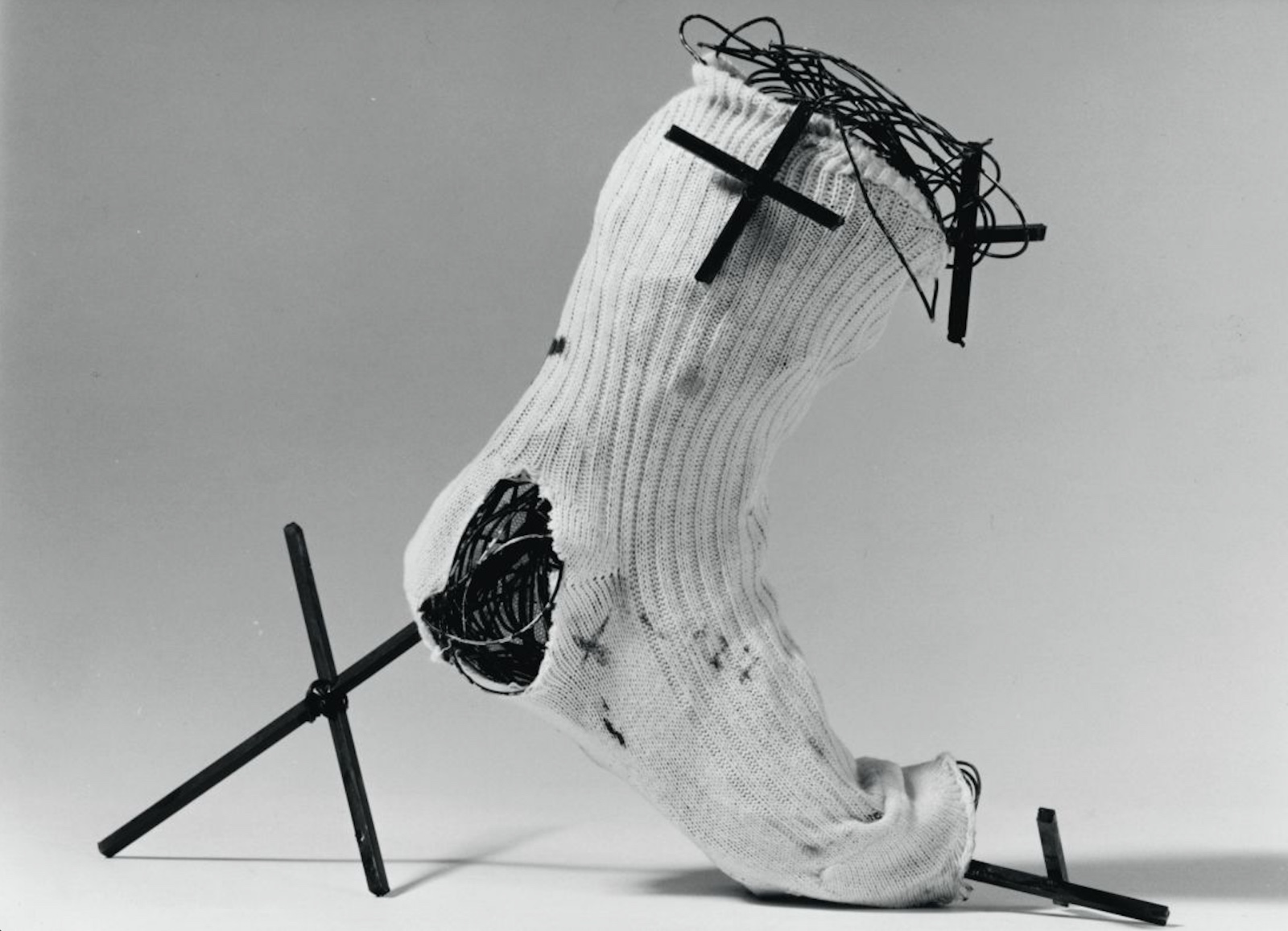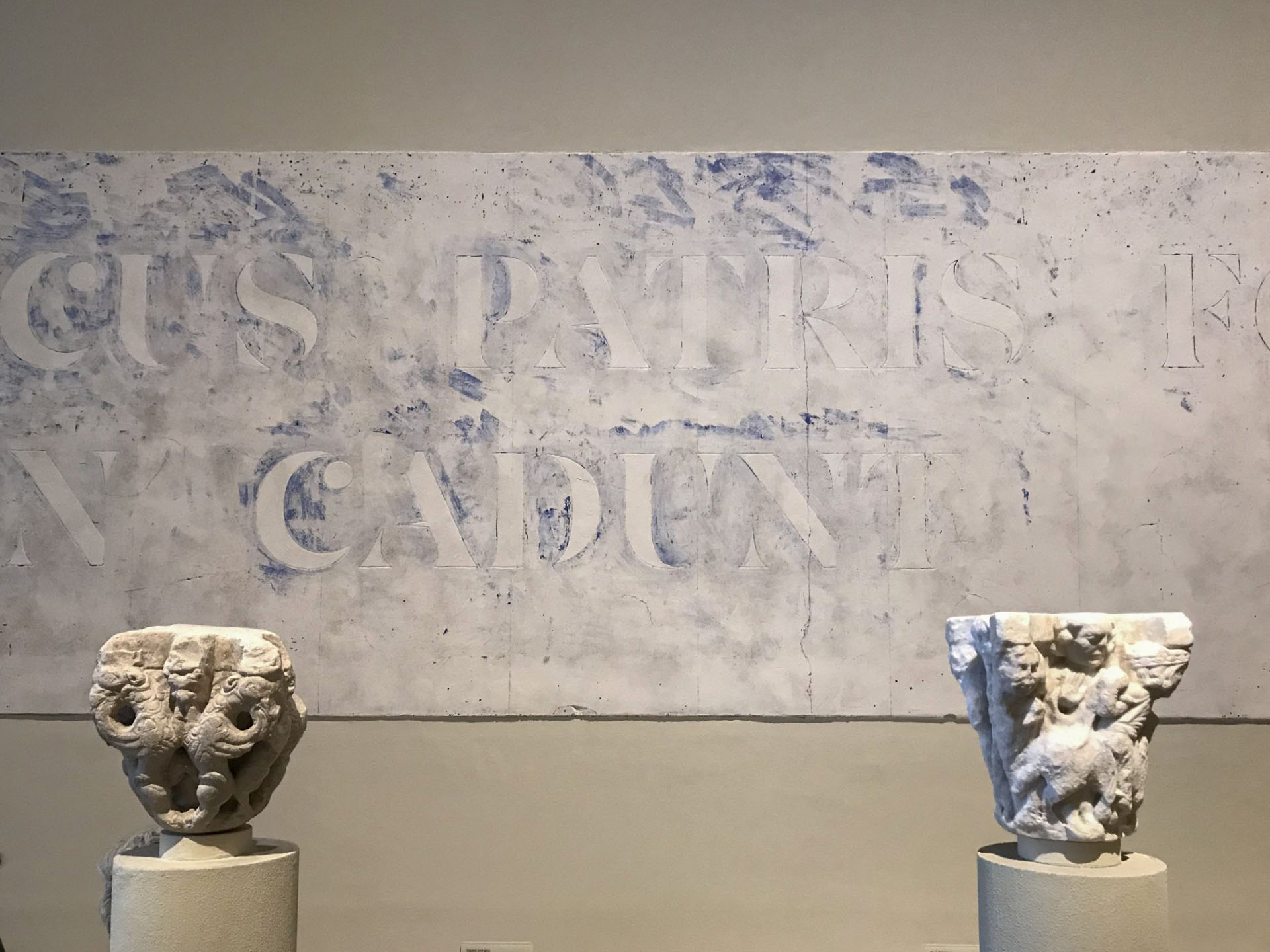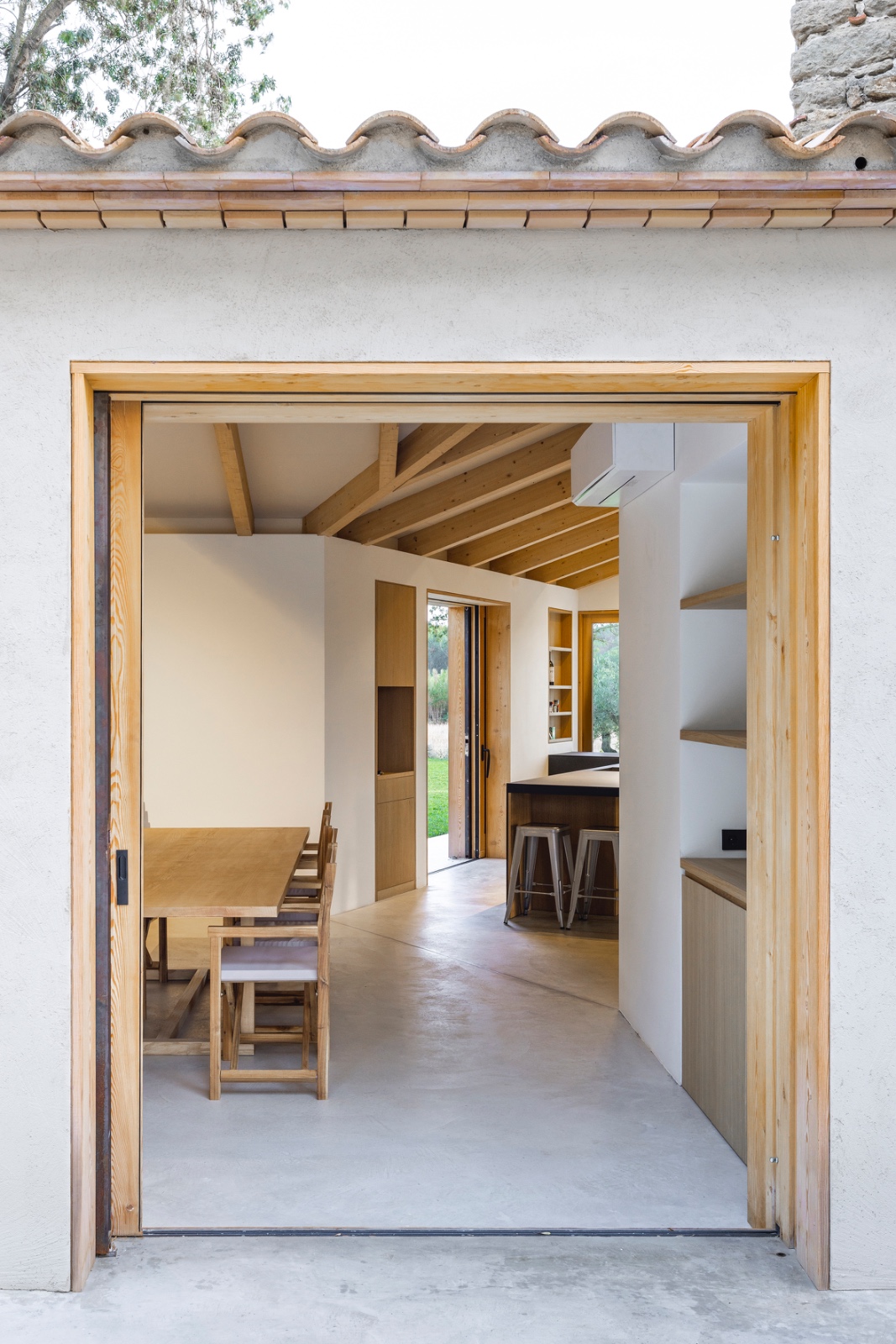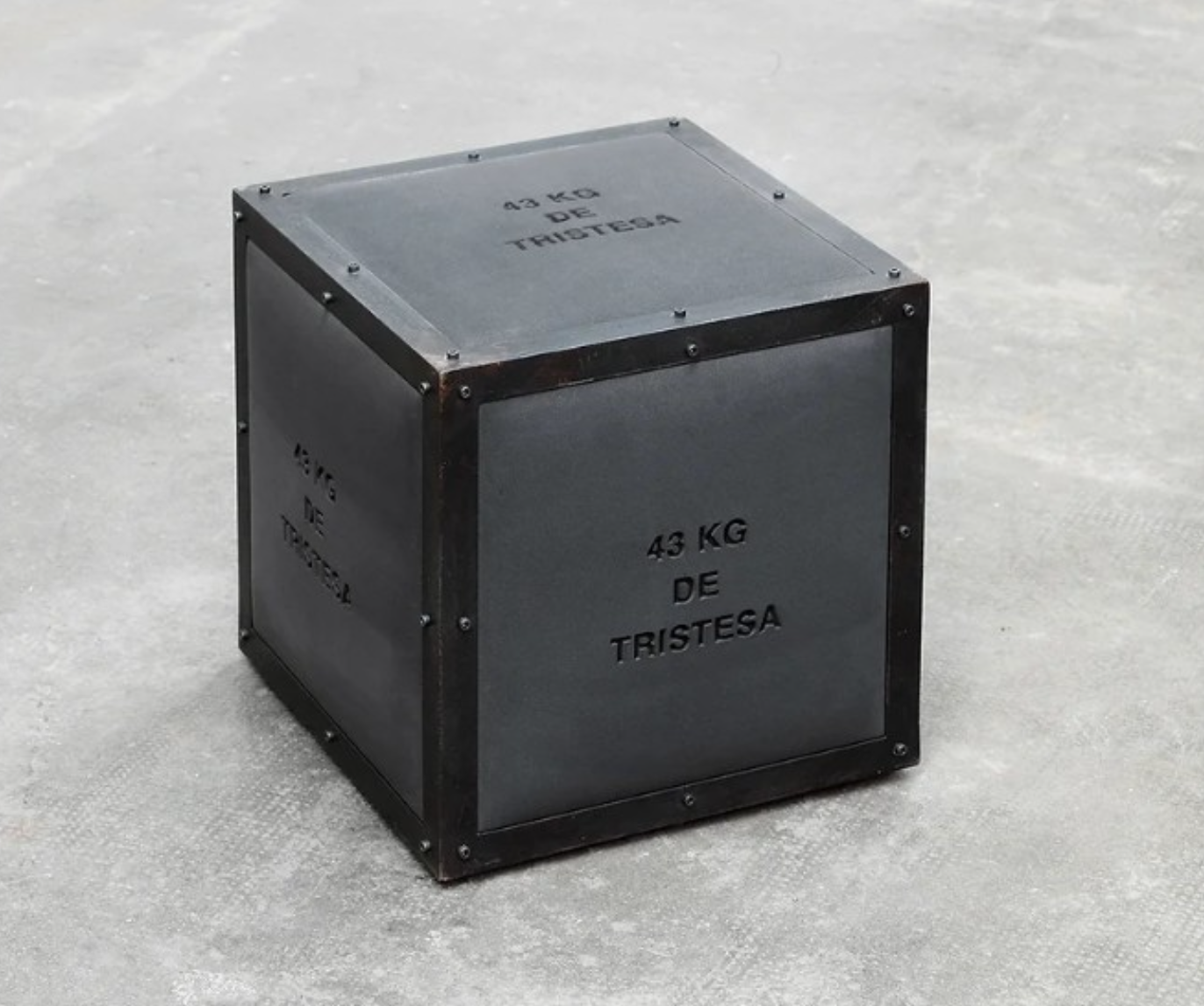Opinion
Conversation at the Tàpies Museum: Albert Serra, Vicenç Altaió and Jesús Martínez Clarà
Antoni Tàpies seen by Albert Serra: faith without works is dead
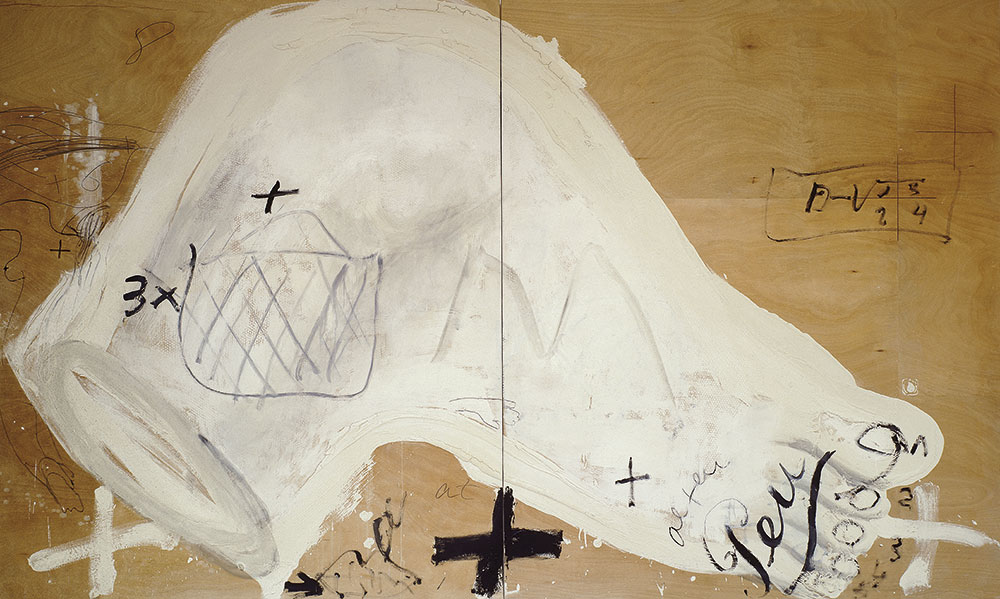
Act of contrition
On June 12th I attended a new viewing at the Tàpies Museum and participated in the conversation with Albert Serra himself and Vicenç Altaio, it was time to perform an act of contrition.
On May 10th, I published an article in the magazine bonart with my very critical opinion about the documentary we just saw. It can be read online and, therefore, I will abbreviate the arguments.
He said bluntly: I am a fan of Albert Serra. But everything predicted a disaster that would consummate the sacrifice of one of my admired artists. I had the intuition that it was impossible for a Dalinian to confess how Albert Serra could do something interesting about Tàpies. The disinterest, the little faith in the figure and work of Antoni Tàpies would be reflected. To reaffirm my doubt, Albert Serra did it with his pre- and post-viewing comments with expressions about Antoni Tàpies that I blush to repeat. Very provocative for sensitive souls like mine towards the great master, he said things like: mockery, childish play with "stripes", recent routine exhibitions, etc. At that time, I thought it was logical because I only know two people capable of having faith in Dalí and Tàpies at the same time: one is Vicenç Altaió and the other is me. I didn't know if Albert Serra was capable of this polyamory. And I ended up saying that, despite this, I like his cinema –or whatever he does–, which is why I recognize as my own this contradiction from Tacitus, Annals I 58: Proditionem amo, sed proditorem odi (“I like betrayal, but I hate the traitor”).
This oxymoronic quote reflected my state of mind, it was like a koan that I had to unravel, and from it, I say the following and make a true act of contrition. I needed to criticize my own criticism because I had too many threads left to tie. I didn't understand how you can do a good work without faith? The title: faith without works is dead is an evangelical phrase from Saint James and it already told me that faith is demonstrated by works and also that there is no work without faith. That's why the sacrificial drama was served. A few days later and confirmed for the new viewing of the film at the Tàpies Museum, I ask myself again what Albert Serra was actually proposing? What was my mistake as a chronicler?

What was happening was that he was applying a conventional perspective, like that of someone who believes he knows how things should be, a perspective that was somehow consistent with the current, normal, perhaps vulgar, appreciation we have for Tàpies. Perhaps he was using reason and not fascination because with so many subtitles and words in the documentary, the hypnosis typical of his films had not had an effect on me. Thinking about sacrifice, I looked back at his bullfighting documentary, Tardes de soledad , and I would say that love and sacrifice out of appreciation are possible. Maybe that's what Albert did with Tàpies?
In reality, Albert Serra gives us a jolt. By saying that the film is a mockery, by not showing any interest, he has the effect of a blow that annihilates stereotypes, everything we already know about Tàpies. Serra shakes up routine opinions, what has to be said to be correct. He always does. But in reality, with this film he rediscovers the authentic revolutionary spirit that provokes consciences that our admired artist was looking for. Therefore, I believe that this documentary is the only possible way to deal with the great master Antoni Tàpies with images and thus find one's own individual and non-transferable path.
At the premiere of the documentary Biblioteca de pedra seca by Joan Vall Karsunke about Vicenç, I realized, when they put on his make-up, that it was a masterful moment, that the same thing happened as in the film Història de la meva mort by Albert and that I think it's like that with both, an authentic way of saying what style is and what art is.
The great master Kodo Sawaki in his book Zen is a Big Hoax says that: "putting on makeup consists, first of all, of knowing and accepting one's own clean face, and then highlighting its particularities through makeup and thus never ceasing to be oneself". At no time can either Serra or Altaió stop being themselves in everything they do. If it is a question of being yourself, in this place, in this moment: what use is the art of master Tàpies to you? It is your life, nothing here is up to Tàpies. That is why Albert Serra has made his own film, the only way to pay homage to the admired Antoni Tàpies.





